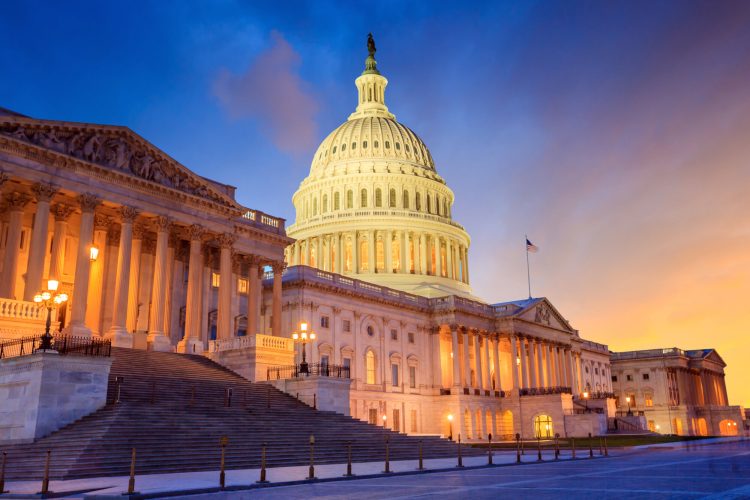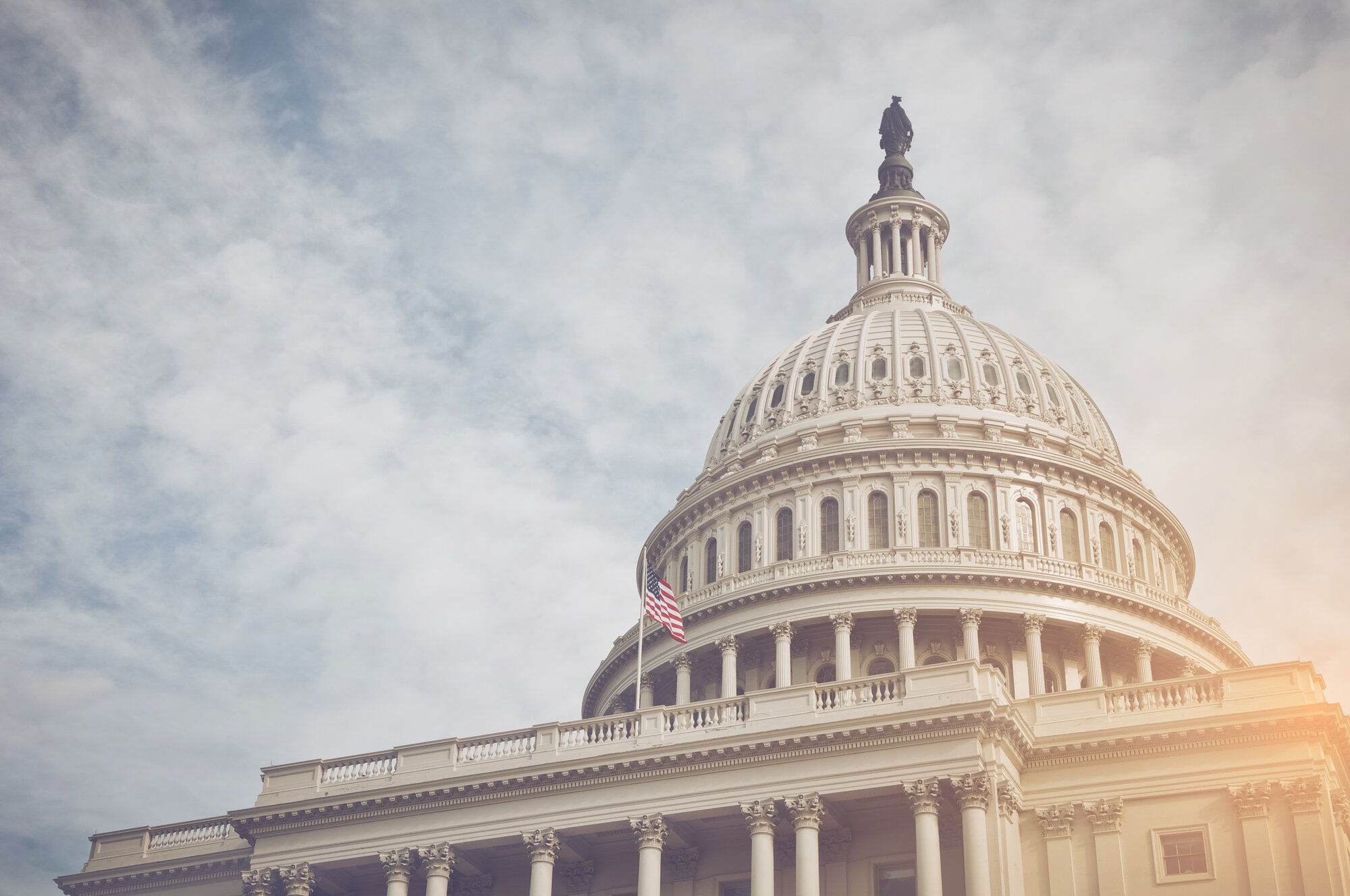This week on Facing the Future, Marc Goldwein, Senior Vice President of the Committee for a Responsible Federal Budget (CRFB), guided us through the budget reconciliation bill rolled out by House Republicans. He was mostly positive about the spending cuts, but highly critical of the size and components of the tax cuts.
Goldwein and his colleagues at the CRFB have estimated that, in total, the House reconciliation bill would increase deficits by $3.3 trillion over 10 years including added interest on the debt. According to CRFB, that number could rise to $5.2 trillion if certain temporary policies in the bill were later made permanent.
The main goal of the reconciliation bill is to extend a number of tax cuts enacted in the Tax Cut and Jobs Act of 2017 (TCJA) that are scheduled to expire at the end of this year. As Goldwein explained, “In 2017, Republicans wanted to cut taxes, and they gave themselves a limit of $1.5 trillion. They couldn’t meet that limit and they also couldn’t meet the various rules against long-term deficit increases. So they made a lot of those tax cuts temporary to make the cost look cheaper and to prevent them from adding to the long-term debt. But now, here we are eight years later. Surprise, surprise. They didn’t actually want them to be temporary. They wanted them to be permanent. And so there’s discussion now of extending them.”
Just extending the expiring TCJA tax cuts would lose roughly $4 trillion of projected revenues if not offset. “But worse,” Goldwein said, “they’re talking about expanding them and adding a ton of new tax cuts that are a lot less thoughtful than the 2017 tax bill and doing those on a temporary basis. So we’d be right here in the same exact spot four years from today.”
“There is discussion of spending cuts in this package and some offsets. But overall this is one or two percent of GDP in the wrong direction. We need $8 trillion in deficit reduction to get on a sustainable path, and this is probably going to be $4 trillion, maybe more, of deficit increases,” Goldwein said.
Aside from the cost, Goldwein also took issue with the content of the tax provisions.
“My biggest concern with this package,” he said, “is just the sheer amount it’s adding to the debt. My second biggest concern is these cliffs that are going to make us add more to the debt. But I think a really significant concern is it’s just not sensible tax policy. The idea of tax reform is you cut tax breaks, you simplify the tax code, you treat income as equally as possible, you shoot for your progressivity and revenue targets and you get stability right. This does none of those things. There’s just dozens of new tax breaks that are just going to make the tax code so much more complicated and harder to navigate, are going to treat income differently, and are going to move us away from that sort of pro-growth, clean tax code that we should always be aspiring for.”
On the spending side of the package, Goldwein said that the House Energy and Commerce Committee deserves tremendous credit for coming up with about $900 billion in savings.
Some of these cuts, he said “are really just common sense, especially various rules to prevent states from expanding their gaming of the Medicaid match. This is a really smart set of policies that will clamp down on what they call ‘creative financing,’ but I call it scam artistry. But then there is other stuff that is harder. There’s pretty significant work requirements and that’s going to reduce the number of people on the Medicaid roles. There’s a lot more redeterminations and tighter eligibility standards, and a lot of that will be about making sure we get the right people on the roles. But again, it’s going to add a lot of administrative costs. And so, in the case of redeterminations, I think this is a common sense proposal, but it is one that’s going to result in less coverage.”
Looking at the House bill as a whole, Goldwein said his optimistic take is that Republicans will abandon a lot of the new tax cut proposals and do a two-year extension of the TCJA cuts with offsets identified in this bill.
“But my most optimistic take,” he said “is one that’s going to sound really pessimistic, which is that the Treasury markets are punishing us. The 10-year bond yield is 4.5 percent today. It’s going to keep rising and eventually we’re going to be in a debt spiral because our interest rates are going to keep going up and our growth rate is going to keep going down. Now that might sound like a bad thing, and it is, but it might be what is necessary to wake up the politicians. It’s what happened in the nineties and it can happen again. My hope is that we tackle this before we enter the debt spiral rather than after.”
He expressed frustration that “people have to pay more for their mortgages and more for their car loans and more for their student debt, and more to start a business because their politicians can’t get their act together and would rather deliver giveaways whether – it’s tax cuts or spending increases – for the next few years to win their election than think about the future. We’re all paying the cost for that.”
Hear more on Facing the Future. Concord Coalition Senior Advisor Bob Bixby hosts the program each week on WKXL in Concord N.H., and it is also available via podcast. Join us as The Concord Coalition team discusses issues relating to national fiscal policy with budget experts, industry leaders, and elected officials. Past broadcasts are available here. You can subscribe to the podcast on Spotify, Pandora, iTunes, Google Podcasts, Stitcher, or with an RSS feed. Follow Facing the Future on Facebook, and watch videos from past episodes on The Concord Coalition YouTube channel.
Continue Reading








